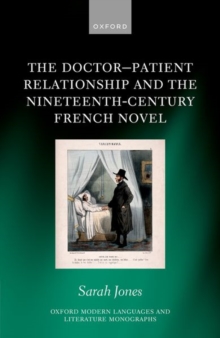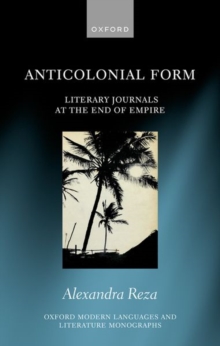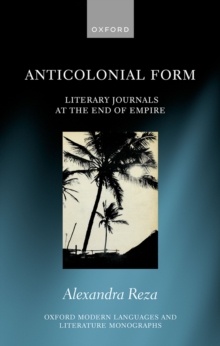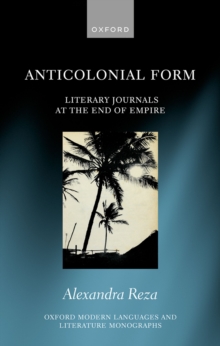
Voices from the Asylum : Four French Women Writers, 1850-1920 PDF
by Susannah Wilson
Part of the Oxford Modern Languages and Literature Monographs series
Description
Voices from the Asylum is a fascinating investigation of the lives of four women incarcerated in French psychiatric hospitals in the second half of the nineteenth century.
The renowned sculptor (and mistress of Rodin) Camille Claudel, the musician Hersilie Rouy, the feminist activist Marie Esquiron, and the self-proclaimed mystic and eccentric Pauline Lair Lamotte, all left first-hand accounts of their experiences.
These rare and unsettling documents providethe foundation for a unique insight into the experience of psychiatric breakdown and treatment from the patient's viewpoint. By linking the question of gender to the process of medical diagnosis made by contemporary clinicians such as Sigmund Freud, this book argues that psychiatric medicine functioned as an integral part of an essentially misogynistic and oppressive society.
Wilson suggests that "delusional" utterances can be read as meaningful when read as metaphorical expressions of real suffering, and as strategies to ensure the survival of a self under threat.
These narratives therefore constituted an act ofresistance on the part of the women who wrote them, and they prefigure the feminist revisionist histories of psychiatry that appeared later in the twentieth century. Straddling the disciplines of literature and social history, and based on extensive archival research, this book makes an important contribution to the feminist project of writing women back into literary history.
It brings to light a remarkable but hitherto unrecognised literary tradition in the prehistory of psychoanalysis: the psychiatric memoir.
Information
-
Download - Immediately Available
- Format:PDF
- Publisher:OUP Oxford
- Publication Date:21/10/2010
- Category:
- ISBN:9780191576805
Information
-
Download - Immediately Available
- Format:PDF
- Publisher:OUP Oxford
- Publication Date:21/10/2010
- Category:
- ISBN:9780191576805










